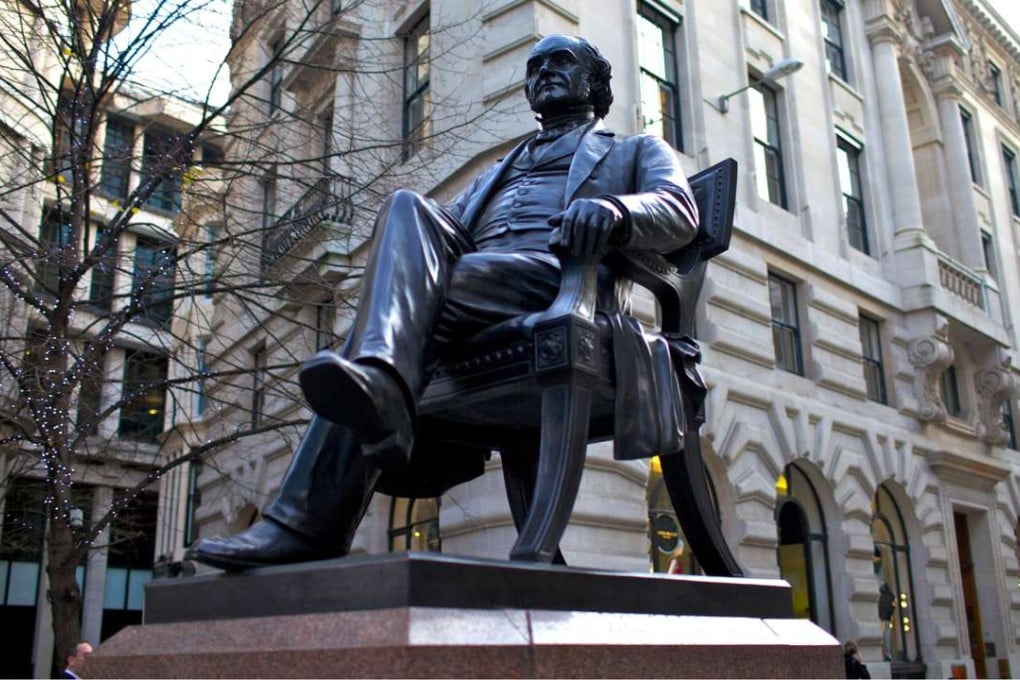Back To The Future | The miser turned world’s biggest giver – and his lesson for China

Karl Marx once said a capitalist is a rational miser. Perhaps few fit that bill better than 19th century American financier George Peabody.
Born a poor orphan in Massachusetts with little education, Peabody worked his way up in the British-American financial world to become the country’s leading banker. He amassed a stunning personal fortune and financed everything from the silk trade with China to iron rail exports. By the time he retired, Peabody was one of the richest men in the United States and helped lay the foundation of the great House of Morgan.
China’s new charity law provides much-needed clarity and transparency
Despite his fabulous fortune, the man was scarred for life by his early poverty and suffered from a great sense of insecurity. He hoarded money in perpetual preparation for crisis. His stinginess was staggering. The old man would seldom dine out. He went to his London office with a small lunchbox every day. The only indulgence Peabody allowed himself was to spend one pence and a halfpenny on an apple after his meal.

“I am,” Peabody replied, “but there’s only been a two-penny bus that has come along as yet. I’m waiting for the penny one. By then, the old man had amassed a personal fortune of US$20 million.
This often-told tale has come to epitomise his stinginess. But this is only half of the story. When Peabody finally retired, the lonely bachelor, who had a few illegitimate children whom he excluded from his will, suddenly transformed into the world’s biggest philanthropist.
